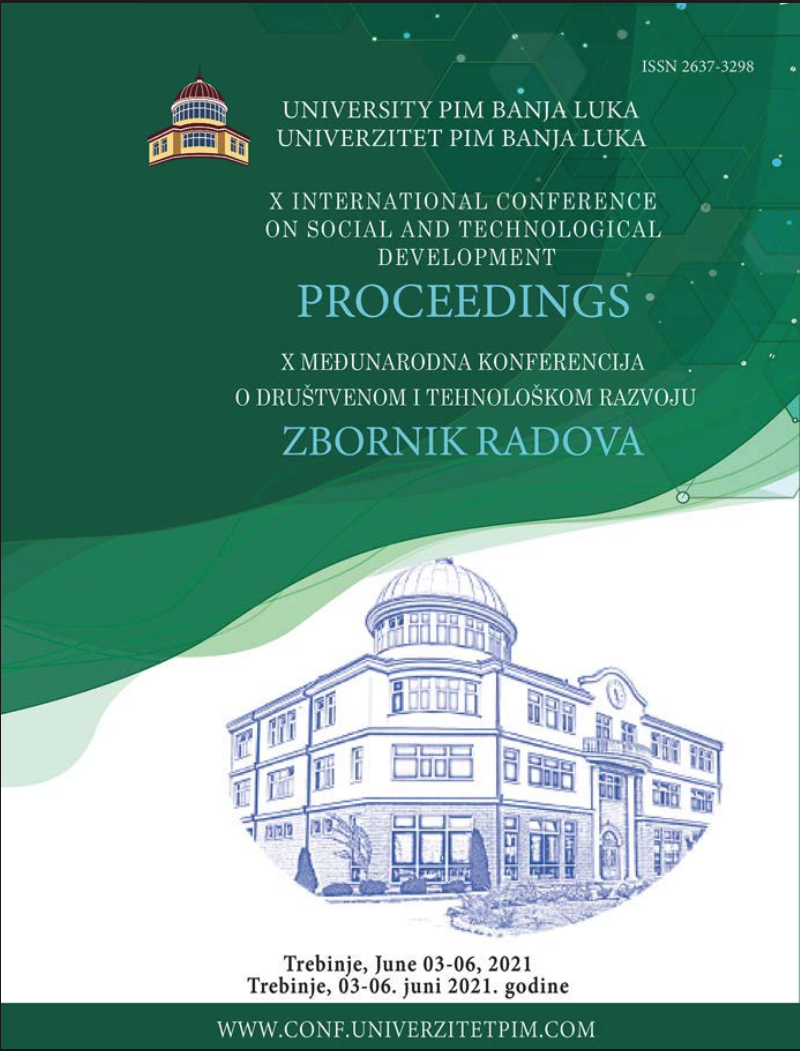
This is an open access article distributed under the Creative Commons Attribution License which permits unrestricted use, distribution, and reproduction in any medium, provided the original work is properly cited.
Banja Luka College , Banja Luka , Bosnia and Herzegovina
The paper presents the results of a survey of professional customer satisfaction in the period from 2015 to 2019 on a sample of 4248 professional customers of a company engaged in the distribution and trade of automotive spare parts (aftermarket). This company operates in the region of Balkans: Bosnia and Herzegovina, Serbia and North Macedonia. The results for 2019 were presented by descriptive statistics and compared with Categorical Regression Analysis (CATREG). The analysis was used as a method of predicting the level of customer loyalty by combining variables from the survey (questionnaire) with regard to the relationship between the sales staff and the characteristics of the products themselves (2015-2018). Previous author's research shows that the greatest impact on customer loyalty in Bosnia and Herzegovina has the range of goods, delivery, and price-quality ratio. For Northern Macedonia, it is the range of goods, delivery, and the manner of complaints resolving. The greatest importance in predicting the level of customer loyalty in Serbia is the delivery of goods and complaints resolving. The conclusions and managerial implications confirmed the author's assumptions in the third phase of the examination, which was conducted in 2019. Unfortunately, due to the well-known Covid-19 pandemic, research of this type could not be conducted in 2020
The statements, opinions and data contained in the journal are solely those of the individual authors and contributors and not of the publisher and the editor(s). We stay neutral with regard to jurisdictional claims in published maps and institutional affiliations.